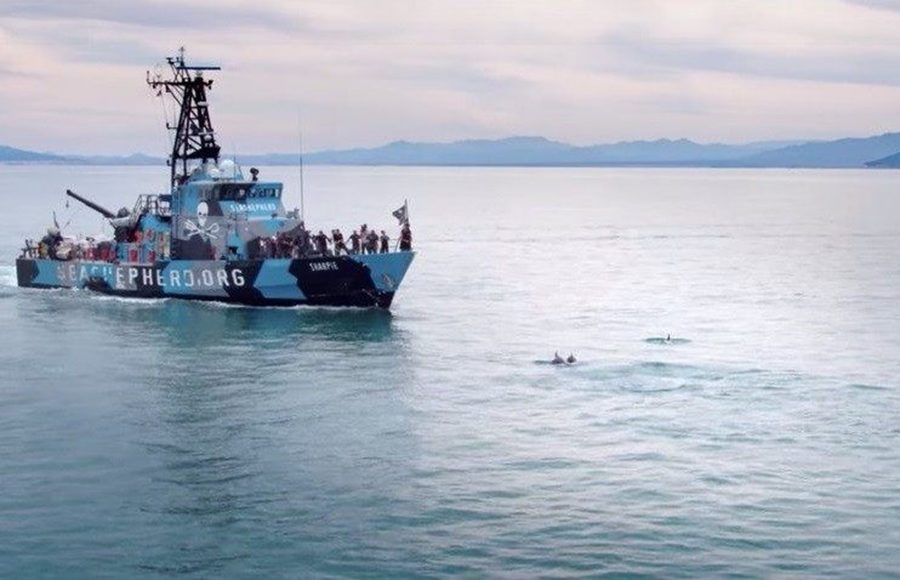Human beings seem hell-bent on decimating and destroying our seas and oceans. Not to mention the creatures who reside within them or use them as their feeding grounds. If we’re not overfishing, we’re dumping tonnes of plastic. Or contaminating it with toxins and pollutants. Or merely damaging the environment in a way which erodes its natural ecosystems. Personally, nothing angers me more than when animals are endangered simply to satisfy the rich or the stupid.
Whilst there are abusers of the planet’s flora and fauna all around the world, no country seems to do more damage than China. This is largely down to a mix of a middle-class predilection for exotic and unusual foods, non-existent animal rights legislation and truly retrograde traditional medical practices. The vaquita porpoise is one of the most endangered species in the world. The smallest species of whale has fallen foul of the illegal fishing of totoaba, whose swim bladder is considered a delicacy in Chinese cuisine.
The Gulf of California is the unlikely battle ground for Richard Ladkani’s new documentary, Sea of Shadows. The film follows dedicated scientists, high-tech conservationists and investigative journalists as they fight to save a species from extinction and bring the Mexican criminal gangs to justice. It’s a dangerous struggle against these poachers with the Mexican police often either unable or unwilling to help. Sea of Shadows does a great job of highlighting the corruption of the authorities and the bravery of those people who put their lives on the line to save a species and thwart a multi-million dollar industry.
Sea of Shadows is in cinemas from 27 September.














No Comment